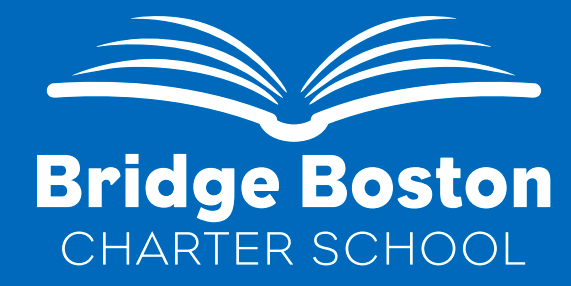nurse’s corner
Contact our nurse’s office
Health and wellness are at the core of any student’s success. At Bridge Boston, we are committed to removing obstacles to learning and to providing services as well as information to bolster family access to health and wellness.
Please feel free to contact Nurse Eileen with any health questions or concerns via email or by phone: 857-424-5962.
General Health Guidelines
When should I keep my child at home?
Students should be kept home if they have any of the following:
A fever over 100.0 within the past 24 hours
Vomiting or repeated diarrhea within the past 24 hours
A contagious illness like chickenpox, flu, or strep throat, until the doctor says it is safe to return or the child has been on antibiotics for 24 hours
Head lice
Students can return to school once they are fever free without medication (such as Tylenol) for 24 hours. If your student develops a fever or vomiting / diarrhea during the school day, you will be notified and expected to pick up your child right away. Please ensure the school has an emergency contact on file for your student in case we are unable to reach you.
When should I send my child to school?
Students are able to attend school if they are experiencing symptoms such as a headache, stomachache, or runny nose without a fever or vomiting.
What happens if my child tests positive for Covid?
If a student tests positive for Covid, they are to quarantine at home for 5 days. Day 1 is the day after a positive test or symptom onset. If the student tests negative, they may return on day 6 and must wear a mask in school until day 10. Families may request rapid tests from our nurse’s office. The nurse will be distributing rapid tests to close contacts and recommends testing on days 2, 3, and 5 following exposure.
state mandated health screenings
In accordance with the Massachusetts Department of Public Health regulations, schools are required to provide vision, hearing, body mass index (BMI) and postural screenings at certain grade levels.
According to Massachusetts general laws, all students are required to have vision, hearing, body mass index (BMI) and postural screenings, at certain grade levels.
Health Screening Schedule
Hearing every year K-3rd grade, then once in 6th-8th
Vision upon entry, every year K-5, and then once in 6th-8th
It is well-documented that timely identification and treatment of many vision disorders in young children can prevent permanent vision loss. Scientific studies have also documented that undetected or untreated vision disorders in children can negatively affect acquisition of early literacy skills.
Postural/Scoliosis every year 5th-8th grade
The first mild signs of curvature often begin to appear in early adolescence, though they frequently go unnoticed. A curvature almost always develops without pain, and in young people who are in otherwise good health.
Body Mass Index 1st, 4th, 7th, 10th grade
The state requires school systems to measure the height and weight of public school students in grades 1st, 4th, 7th, and 10th and use those figures to calculate their Body Mass Index (BMI).
BMI is a method of determining if a child has a healthy weight compared to other children of the same age and sex. Being overweight, obese or underweight can put a person at risk for certain health problems. A student who is overweight or obese has an increased risk of developing serious conditions, including type 2 diabetes, heart disease, high blood pressure, and some cancers. Childhood obesity is also associated with depression.
A student who is underweight has an increased risk of heart disease, hormonal dysfunction, loss of bone mass, and anemia. Underweight may also be an indication of an eating disorder associated with anxiety and depression. 7 And both underweight and obesity are associated with increased risk of infection.
Substance use screening risk 8th grade
SBIRT (Screening, Brief Intervention, and Referral for Treatment) in schools is intended to identify substance use risk behaviors and to improve health, safety, resilience and success in students. SBIRT screening requires a structured 1:1 conversation between a trained school professional and a student to build trusting relationships around education, behavior, and support related to substance use and addiction.
Bridge Boston also provides dental screenings in partnership with Forsyth Clinic.
The nurse will notify families of dates for these screenings as they become available.
Parents may opt out of these screenings by providing the nurse with a written request.
Safety and Wellness Committee
Learn more about School Health and Wellness at Bridge Boston here. Questions? Reach out to Chief of Finance & Strategy, Nicole Dorn. View meeting minutes here.




